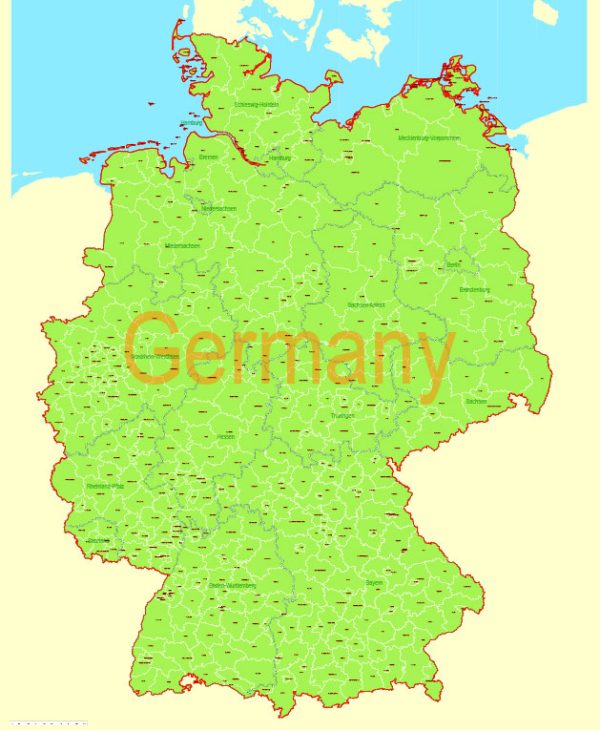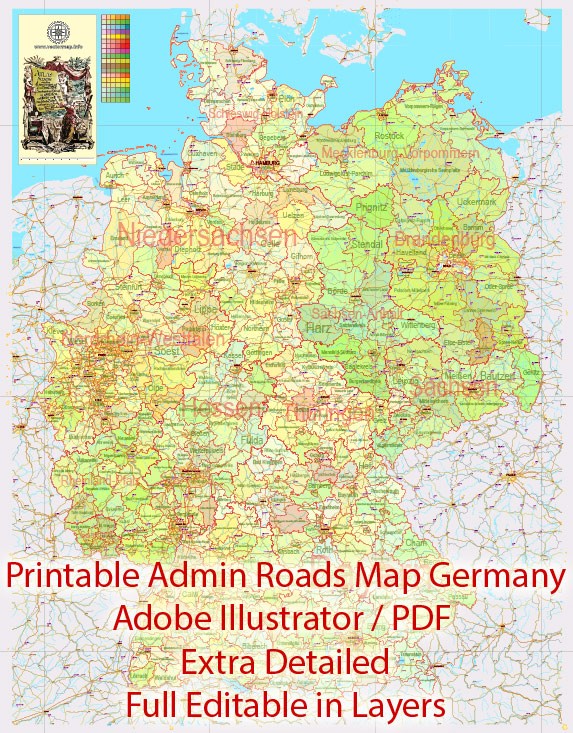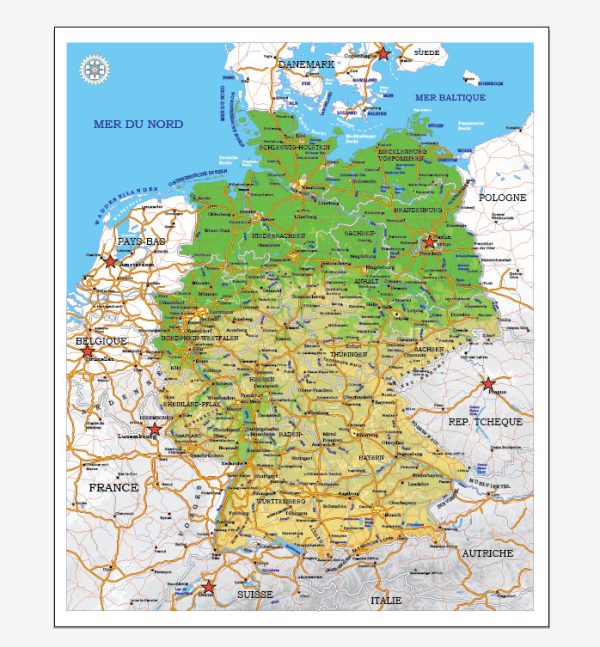Germany is a highly developed and influential country in Europe, known for its strong economy, advanced infrastructure, and rich cultural history. Here’s a socio-economic description of Germany:
- Economy:
- Germany has one of the largest and most powerful economies in the world. It is known for its export-oriented economy and is a major player in industries such as automotive manufacturing, engineering, chemicals, and machinery.
- The country is home to several multinational corporations, including Volkswagen, BMW, Siemens, and Bosch, among others.
- The German economy is characterized by a strong middle class and a highly skilled workforce.
- Employment:
- Germany has a low unemployment rate, and it places a strong emphasis on vocational education and training, which contributes to a highly skilled labor force.
- The country also has a strong tradition of labor unions and workers’ rights.
- Welfare System:
- Germany has a comprehensive welfare system that provides various benefits to its citizens, including healthcare, unemployment benefits, and pensions.
- The healthcare system is highly regarded, and all residents are required to have health insurance.
- Education:
- Germany is known for its high-quality education system. It offers free public education, from primary school to university. The country has a strong emphasis on technical and vocational training.
- Healthcare:
- The healthcare system in Germany is renowned for its efficiency and quality. It operates on a multi-payer model, with both public and private insurance options.
- Housing:
- Germany has a well-developed housing market with a mix of apartment living and single-family homes. Renting is common, especially in large cities.
- Social Inequality:
- While Germany is relatively equal in terms of income distribution compared to many other countries, there is still some level of social inequality, particularly in terms of access to education and job opportunities.
- Social Services:
- Germany provides a wide range of social services, including child care, elder care, and support for individuals with disabilities.
- Infrastructure:
- Germany has a highly developed transportation and communication infrastructure. Its road and rail networks are extensive and efficient.
- Cultural Diversity:
- Germany is a diverse country with a significant immigrant population. It has policies and programs aimed at integrating newcomers into society.
- Environment:
- Germany places a strong emphasis on environmental protection and sustainability. It is a leader in renewable energy, and it has ambitious goals for reducing carbon emissions.
- Political System:
- Germany is a federal republic with a parliamentary system. It has a strong tradition of democracy and the rule of law.
- Safety and Security:
- Germany is considered a safe country with low crime rates. Its law enforcement agencies are well-equipped and have a strong presence.
Overall, Germany is known for its stability, strong social services, and robust economy. It has a high standard of living and offers a high quality of life to its residents. However, like any country, it faces challenges, such as an aging population and the need for continued economic innovation and adaptation to changing global conditions.







 Author: Kirill Shrayber, Ph.D. FRGS
Author: Kirill Shrayber, Ph.D. FRGS